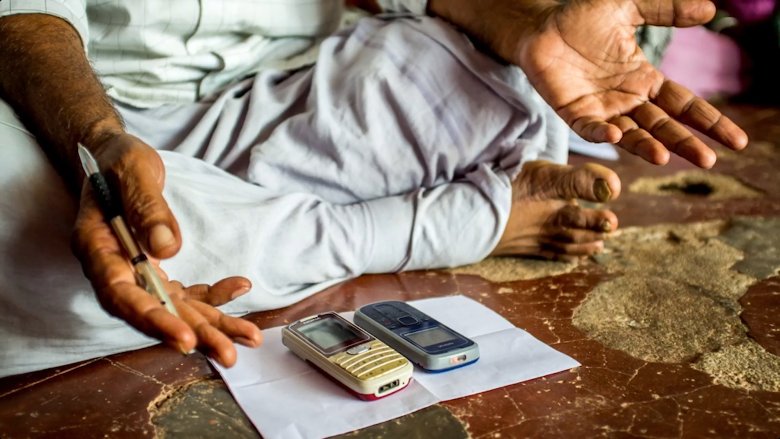At this year¡¯s (on July 3-4, 2023 in Geneva, Switzerland), the International Telecommunication Union (ITU) and the World Bank¡¯s Development Data Group announced a new collaboration to put Mobile Phone Data (MPD) to work for policy.
The collaboration will be guided by the ITU-World Bank Joint Declaration on Cooperation on the Advancement of the 2030 Agenda for Sustainable Development signed in 2019. The collaboration aims to provide programmatic funding and support through the World Bank-hosted Global Data Facility to integrate MPD into the national data systems of 30 countries by 2030.
The global pandemic increased interest from the development and statistics communities to use MPD to inform policy response. According to the 2021 Cape Town Action Plan survey, 78 percent of national statistical offices (NSOs) consider building capacity to use MPD a high- or medium-level priority over the next three years.
The integration of MPD into national data systems can generate significant returns on impact. Particularly in humanitarian crises, where real-time insights on population movements can greatly improve policy response and services. According to a recent , investing in can deliver an average return of 30 USD for every 1 USD invested.
Repurposing mobile phone data into high resolution policy measurements is . Mainstream adoption involves commitment from public and private stakeholders to provision data infrastructure, safeguards, as well as local technical capacity in data science, and privacy preserving methods. Currently, less than 20 percent of low- and middle-income countries have the local capacity to use sophisticated data in policymaking, according to the .
Recent years have seen the emergence of methods, tools, and good practice to put MPD to work for official statistics. The (UN-CEBD) through its Task Team on Mobile Phone Big Data chaired by ITU, recently launched five . The Guides provide methods and use cases on how MPD can be used to complement or supplement traditional data sources for tourism, migration, population dynamics, information society, transport, and disaster context statistics.
Dr. Cosmas Luckyson Zavazava, Director of ITU's Telecommunication Development Bureau, said:
"Collaboration among all national stakeholders is key for the successful use of mobile phone big data. This collaborative approach aligns with ITU¡¯s strategic objectives on achieving Universal Connectivity and sustainable digital transformation. We need new data sources such as big data that include mobile phone big data for information society statistics. Only with accurate, timely, and granular data can we truly gauge universal and meaningful connectivity."
The ITU and Development Data Group collaboration will work to create a window under the Global Data Facility (GDF) to develop local capacity, including data science, data engineering, privacy by design, and institutional strengthening to responsibly put anonymized and aggregated MPD to work for policy insights in 30 countries by 2030.
The GDF is an innovative global funding instrument that enables long-term support and durable transformation of data systems and data capital in low- and middle-income countries to improve lives and safeguard the planet.
Dr. Haishan Fu, Chief Statistician of the World Bank and Director of the Development Data Group commented:
"Strengthening country clients¡¯ capacity to responsibly put mobile phone data to work for responsive policymaking can help drive results where they are most needed. The Global Data Facility is designed to do this, as part of our efforts to enable low- and middle-income countries to modernize their data systems."
The ITU and Development Data Partnership collaboration will work on joint fundraising and capacity building activities under the GDF window. The ITU appeals for increased commitments to put MPD to work for official statistics.
Visit the website of the Global Data Facility to learn more and how to become an advisory or technical partner.

![Haishan Fu says "[s]trengthening country clients¡¯ capacity to responsibly put mobile phone data to work for responsive policymaking can help drive results where they are most needed." Haishan Fu says "[s]trengthening country clients¡¯ capacity to responsibly put mobile phone data to work for responsive policymaking can help drive results where they are most needed."](/content/dam/photos/200x200/2018/jan/200x200_haishan_fu.jpg)